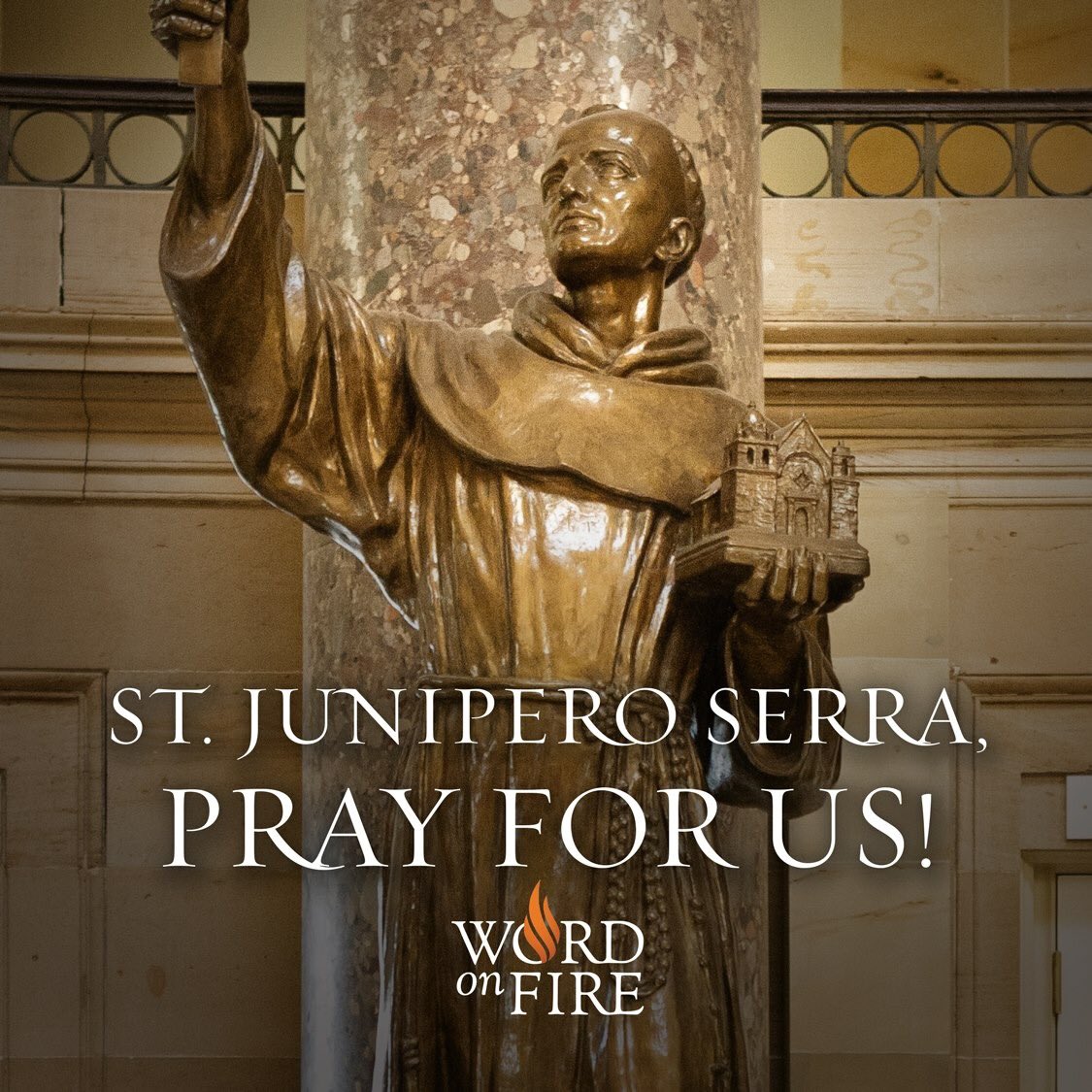I just got back from Rome, where I ran into Fr. Thomas Williams at a Pontifical Academy of Social Sciences meeting at the Vatican. He is author of a most timely book, The World as It Should Be, and we discuss it here.
Some of the interview:
LOPEZ: Is there a single encyclical that speaks most directly to our day?
FR. WILLIAMS: I am sure that papal encyclicals speak to different people in different ways. Personally, I think that several encyclicals of Blessed John Paul II are exceptionally relevant to the world of today. Fides et Ratio, on the complementarity and importance of faith and reason, offers a comprehensive look at the importance of these two key elements of human life and shows how they support rather than contradict one another. Veritatis Splendor, on the moral life of Christians and the real meaning of human freedom in truth, is as relevant today as it was in 1993. Evangelium Vitae, on respect for human life and its priority as the first human right, continues to speak to the present generation. Perhaps my personal favorite is the 1980 encyclical Dives in Misericordia, which beautiful expresses how the mercy of God stands at the core of the Christian message.
#ad#LOPEZ: Does the Vatican want one-world government and banking? Is the Vatican crazy? Can’t the Vatican stick to taking away women’s birth control?
FR. WILLIAMS: Yikes! Let’s look at this one item at a time. First of all, “the Vatican” includes many individuals, offices, and points of view, and often does not represent a single voice. If we want to talk about the official position of the Church, we should speak of her magisterium, or official teaching. In this regard, she certainly does not want one-world government or banking. In fact, Pope Benedict expressly rejected the idea of a tyrannical, one-world government in the strongest of terms in his 2009 encyclical Caritas in Veritate. On the other hand, she does recognize the need for some form of global governance to promote the cooperation of nations and peoples for the universal common good.
Concerning birth control, the Church has continuously taught that recourse to contraception is immoral and that responsible parenthood should be lived out through natural family planning, which is extraordinarily effective and respectful of God’s plan for sex within marriage. She believes that contraception is damaging to the relationship of husband and wife and ultimately unworthy of their love for one another. But the Church has no police force. She does not chase down and punish Catholics who fail to live up to her teachings. She appeals only to conscience, and has no power of persuasion other than the force of her teaching in the name of Jesus.
LOPEZ: What do American politics today look like through the lens of daily Roman life and through the lens of Catholic social thought?
FR. WILLIAMS: As I mentioned earlier, American politics seem very polarized and acerbic. Yet there are signs of great hope as well. Recent political debate has touched on topics of enormous importance, going beyond merely technical questions to fundamental issues of human dignity, religious freedom, and the role of government in the life of the nation. From a European context, where there is a marked tendency toward statism and socialization, it is refreshing to hear an animated defense of subsidiarity and the role of civil society, which is so precious to us as Catholics.
LOPEZ: You wrote a book on conscience. Which sections do you wish we’d review now?
FR. WILLIAMS: Conscience is a fabulous topic, because it unites all human beings, believers and non-believers alike. It is a distinctive characteristic of the human person to evaluate the moral quality of his choices and actions, and to experience remorse or personal satisfaction depending on the blame or praise we receive from the moral voice within us. Right and wrong, good and bad, are essential categories of human actions, and our choices qualify us as good or bad simply as human beings. Whether we agree or disagree on specific issues, at least a common acknowledgment of the importance of moral goodness is critical for the quality of our life together as a society. Pragmatism and utility are not enough. Human beings need higher motivations and more noble pursuits than simply “what works.”
LOPEZ: If there is one principle from your book you’d hope both presidential contenders would consider, what would it be?
FR. WILLIAMS: That is a hard question. As you know, I insist over and over on the idea of religious freedom as well as the need to consider how different religious traditions square with the deepest beliefs and values as a Western democracy. But perhaps the most important principle of Catholic social doctrine to be taken into account in the present day is that of subsidiarity — the limitations on the role of the state and the importance of families, local communities, and civil society generally for the common good. Like all bureaucracies, the state has the tendency to expand, and needs to be kept constantly in check lest it lose its effectiveness in the service of citizens.
More here.












